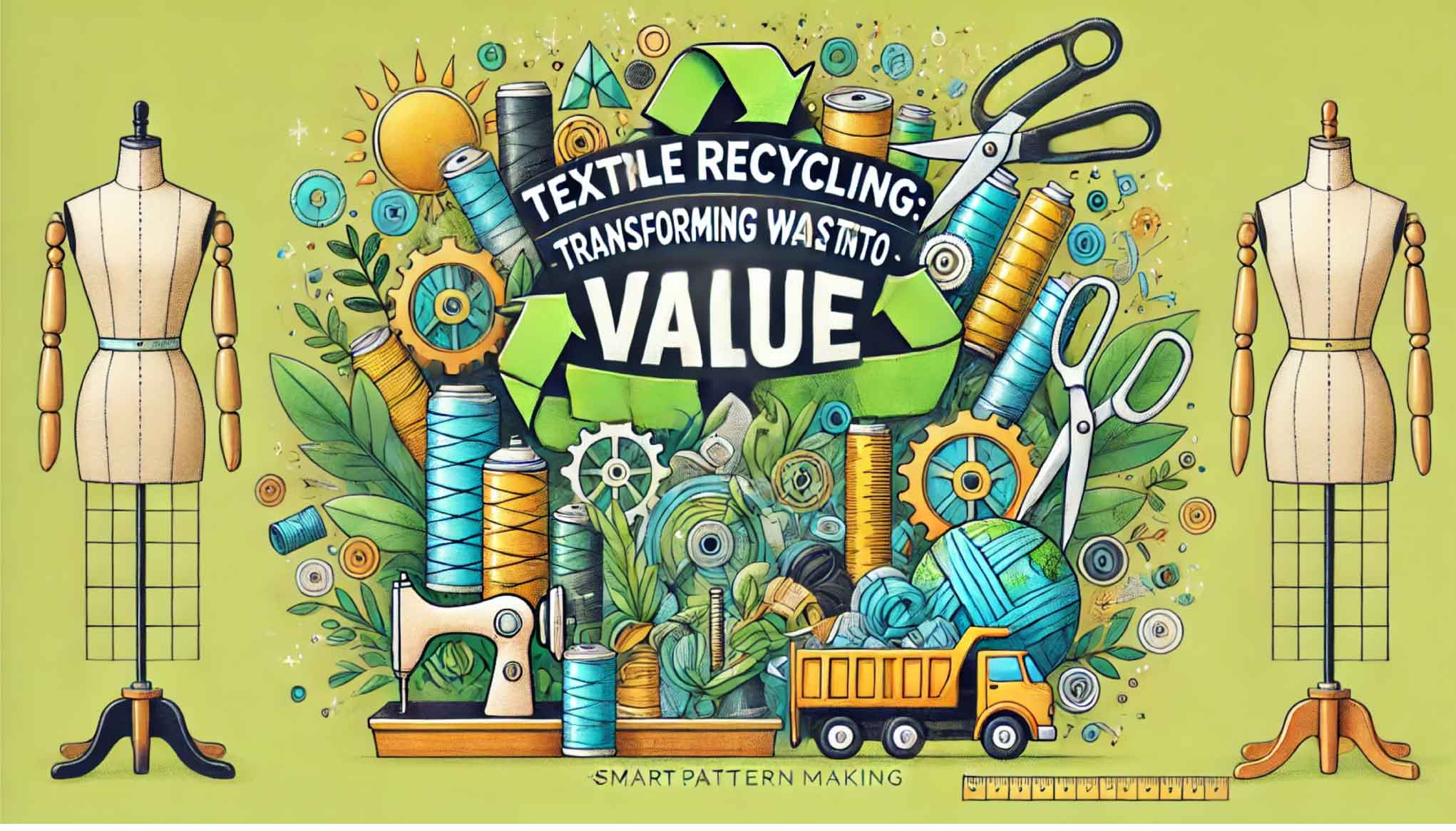India and the United Kingdom are making gradual progress towards formalizing a free trade agreement (FTA), having wrapped up negotiations on the majority of chapters. While both sides have reached a consensus to exclude matters related to data and concessions in the dairy sector from the agreement, deliberations are ongoing regarding potential tariff reductions on automobiles and specific confectionery items.
Recent visits by Indian officials to London have injected momentum into the negotiations, as they engaged in discussions with senior British counterparts. Presently, the focus lies on resolving a handful of remaining disparities, notably pertaining to investment treaties, intellectual property rights (IPRs), and rules of origin.
In the context of FTAs, rules of origin carry significant importance, as they determine the eligibility of products for preferential tariff treatment. Within the framework of the proposed India-UK FTA, adherence to specific criteria concerning the processing and value augmentation of goods would establish their "origin" within the respective partner country.
This safeguard would hinder attempts by nations to merely reclassify goods produced in third countries as originating from India or the UK, with the intent of exploiting the tariff benefits afforded by the FTA. The bilateral trade between India and the UK has displayed consistent growth in recent years, culminating in a figure of $20.36 billion during 2022-23.
India's exports to the UK encompass a diverse array of goods, including ready-made garments, textiles, gems and jewelry, engineering products, petroleum derivatives, transportation machinery, spices, instruments, pharmaceuticals, and marine merchandise.
Notably, the UK's foreign direct investment in India surged from $1 billion in 2021-22 to $1.74 billion in 2022-23. Should the envisaged India-UK FTA come to fruition, it holds the potential to significantly amplify trade and investment activities between the two nations. A successful conclusion would mark the UK's first major FTA with an emerging market since the Brexit transition.











